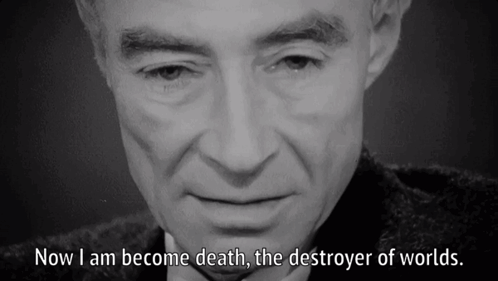'Oppenheimer' and World War II
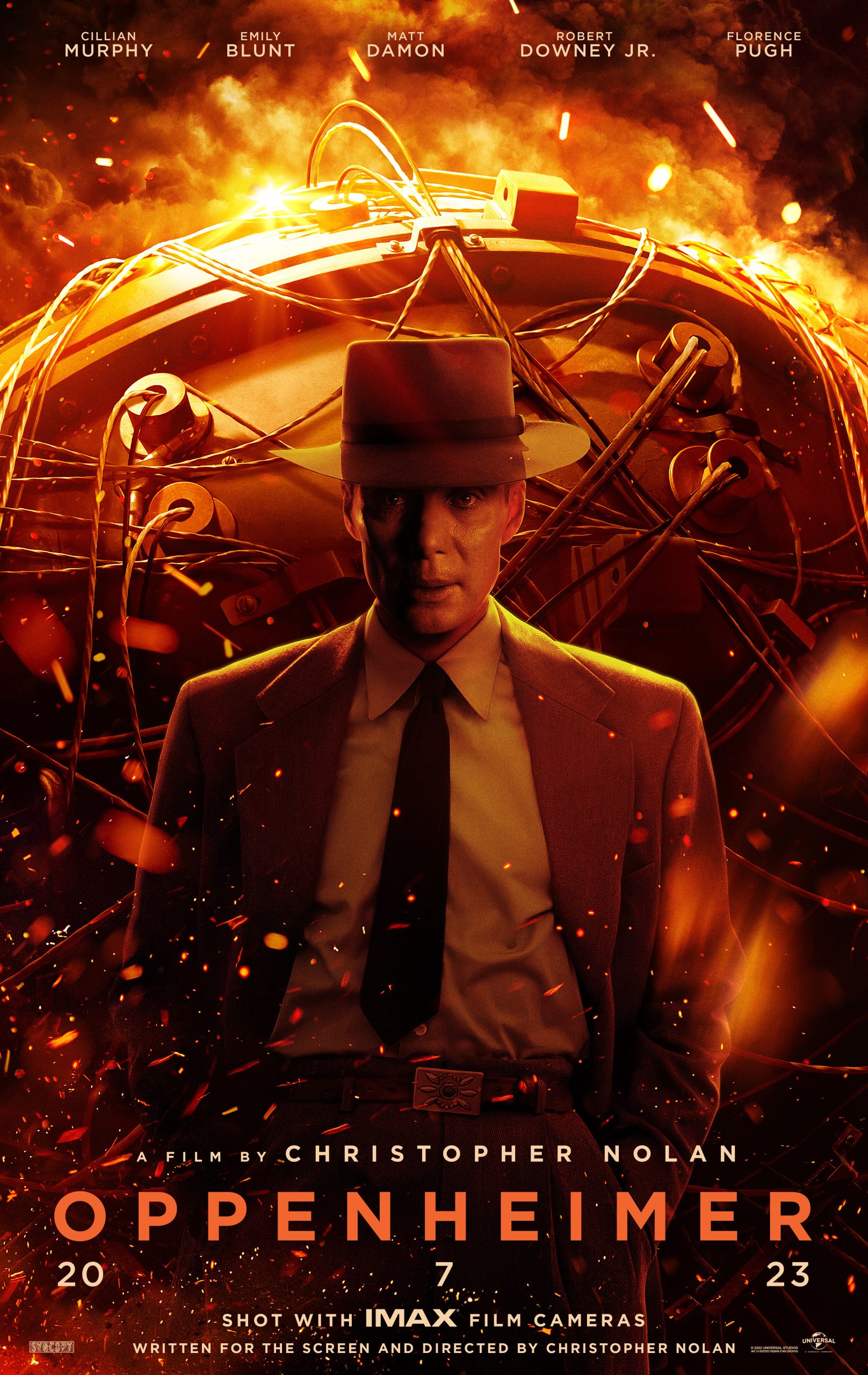
The Nolan's iconic nonlinear editing and superb audiovisual effects convinced me that he will surely earn the awards he deserves at next year's Oscars with “Oppenheimer.” “Oppenheimer” brilliantly portrays the inner struggle of a genius, his define inspection and concern for humanity, as well as the hypocrisy and narrow-mindedness of the political world.
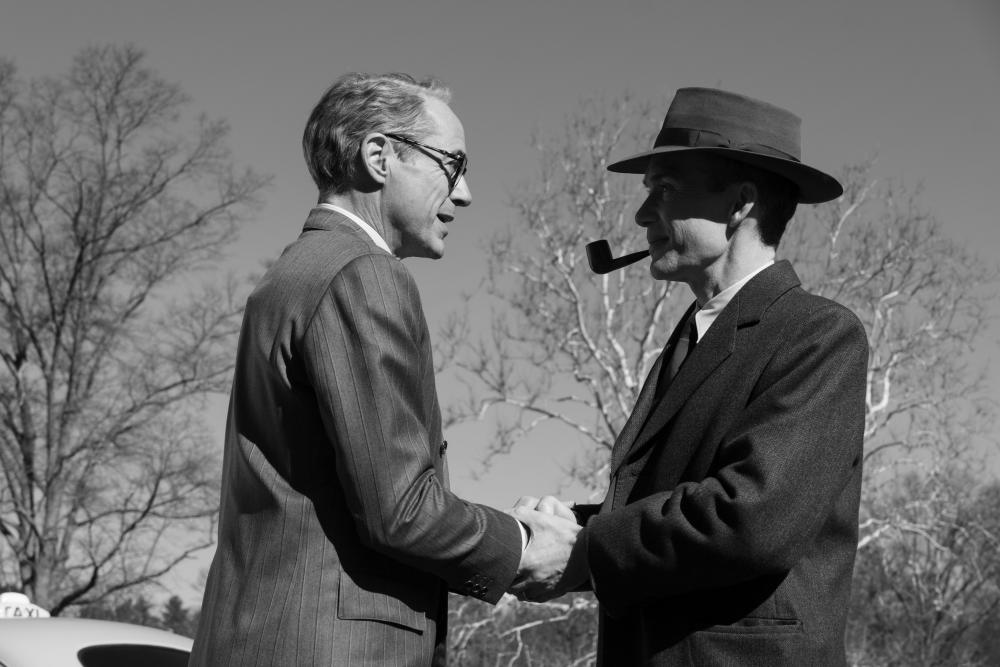
From both an intellectual and artistic standpoint, “Oppenheimer” is a must-see film of 2023. However, for me, there is a slight regret. Besides the comparisons between Oppenheimer and politicians, I would also like to see Oppenheimer compared to the geniuses of his era. In the film, a Senate aide sarcastically questions Strauss' narrow-mindedness: 'Is it possible they didn't talk about you at all? Is it possible they talked about something more important?' So, for Oppenheimer and his contemporaries, what more important matters did they examine - about this universe, this society, and this war? What were their respective insights, and what set Oppenheimer apart among these geniuses? What caused the shift in Oppenheimer's attitude, from devoted support during the fight against the Nazis to hesitance during the bombing of Japan, and ultimately to strong opposition during the US-Soviet rivalry? What led to Oppenheimer's change of attitude, and what more important matters did he consider?
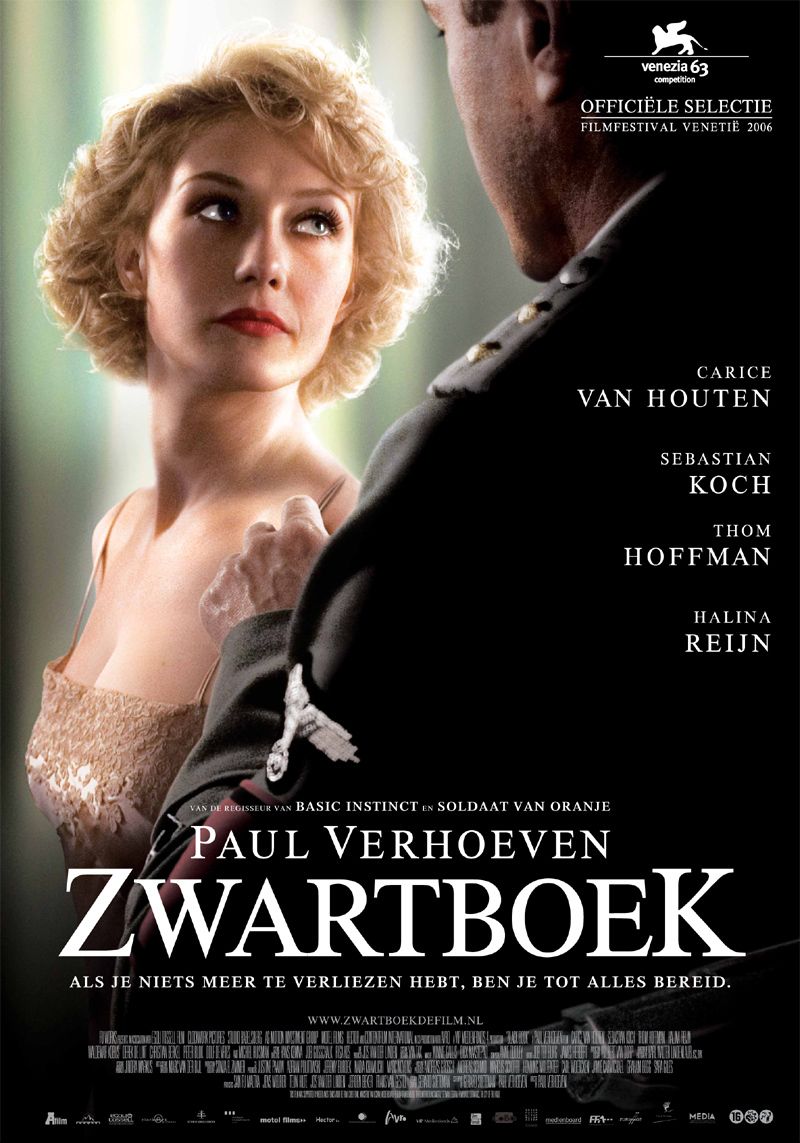
Coincidentally, “Oppenheimer” was the first film I watched after arriving in the Netherlands. I originally thought that there were already plenty of World War II films in Chinese cinemas, but it turns out that almost any time in Dutch cinemas, there is a World War II film playing. For me, World War II films were almost synonymous with anti-Japanese films, with many of them focusing on reflection about imperialism and militarism. The European World War II was merely a distant tragic story, and I hadn't given it much thought or contemplation. However, coming to the Netherlands and stepping onto the land that was once conquered by the Nazis, I gained a deeper understanding of why World War II permanently changed Europe. The numerous World War II films, the national celebration of Liberation Day, and Anne Frank's house all serve as reminders to every person who comes to the Netherlands of the suffering that the Nazis brought to the people here. It was in this context that I learned about the history of the European theater of World War II. What fascinated me the most was the Uranprojekt, the German nuclear weapons development program led by Heisenberg, which stood in stark contrast to the Manhattan Project led by Oppenheimer.
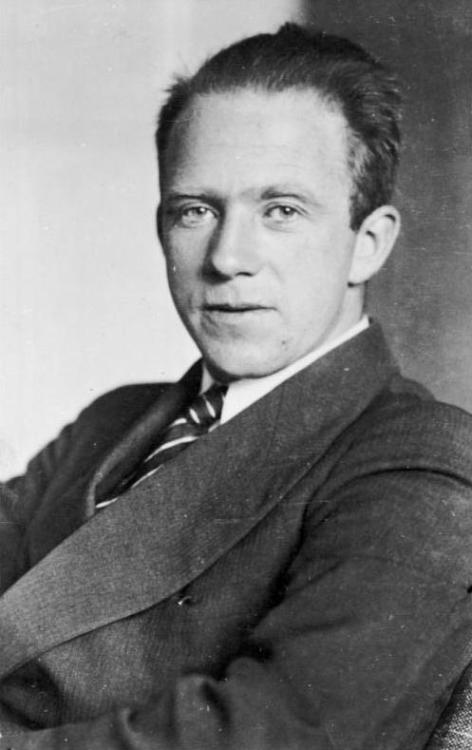
Being the former center of physics, Germany had gathered many brilliant physicists of its time, and Germany's nuclear weapons development program began in 1939, earlier than the Manhattan Project in 1942. Therefore, Germany should have been ahead in developing nuclear weapons. What exactly delayed Germany's nuclear weapons program? After World War II, research into German military documents revealed that in 1942, Heisenberg submitted a report in which he believed that to create nuclear weapons, one would need to enrich tons of uranium-235, which was impractical. As a result, the German military suspended their nuclear weapons program. However, the Manhattan Project in the United States proved that creating nuclear weapons didn't require enriching tons of uranium-235; in fact, it only needed a few kilograms of uranium-235. Such a significant discrepancy was due to Heisenberg's failure to consider neutron diffusion rates. Heisenberg shouldn't have made such a simple mistake, and he himself claimed after the war that he deliberately miscalculated the required amount of uranium-235 and convinced the German military that Germany was ahead in nuclear weapons research, allowing them to temporarily suspend the program. As Heisenberg had passed away many years ago, it's impossible to find out whether during World War II, he intentionally delayed Germany from acquiring nuclear weapons or if it was an unintended mistake.
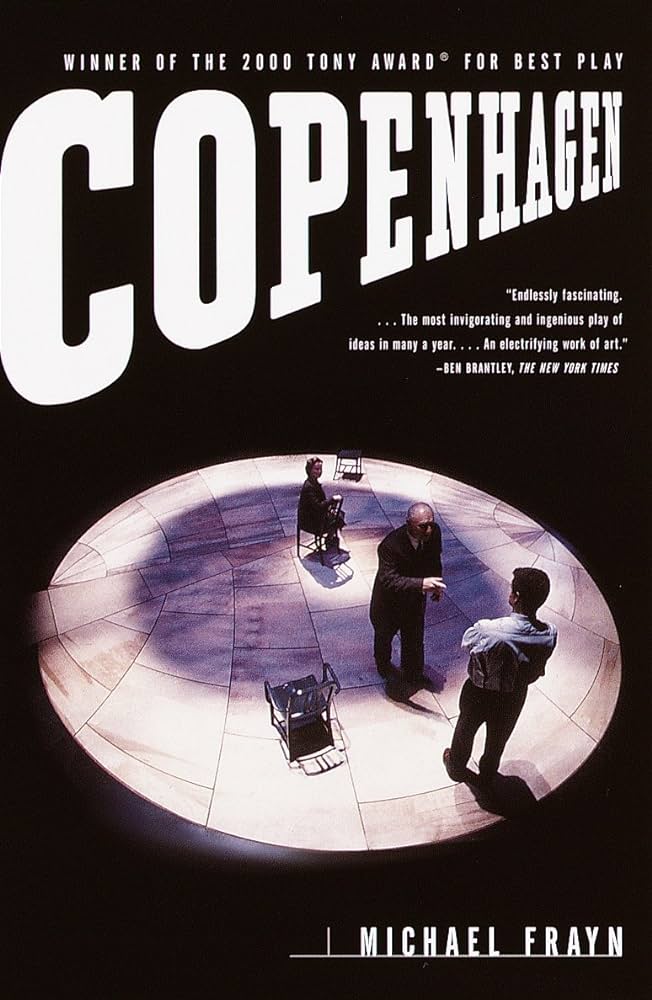
Oppenheimer and Heisenberg both earned their doctoral degrees in Germany and led nuclear weapons programs, sharing similar early lives but having dramatically different later lives. Heisenberg, who worked for the Nazis, managed to escape all blame, enjoying his later years, while Oppenheimer, who helped humanity end World War II, faced constant harassment from the U.S. government and was haunted by his conscience throughout his later life. So, for Heisenberg and Oppenheimer, what did the development of nuclear weapons mean to them? What conflicts and reflections did they each have in their hearts, and what attitudes did they hold toward this protracted war? World War II is often called the war that almost destroyed modern civilization, but it was precisely because of modern civilization that World War II could occur. Apart from destroying Europe's physical structures, it shattered Europeans' faith in modern civilization. The two cornerstones of modern civilization, “humanism” and “rationality,” which began with the Renaissance, sometimes proved to be in conflict with each other during the Nazi era. In contrast to the Japanese military's barbaric disorder, the German military's conquest and mass killings were more systematic. The essence of the Japanese military's actions in World War II was no different from the imperial atrocities that had prevailed in Asia for thousands of years; it was all about land and resource acquisition. Due to limitations in military management and the overpowering greed and bestiality of soldiers during wartime, human society disintegrated, and wartime societies regressed from order to chaos. The distinction between the imperial forces of thousands of years and those of the present was primarily in the advancement of weaponry. Fundamentally, it was about conquest and destruction, with no further theory supporting this war. Conquest and destruction have a history far older than human history and do not require modern society to commit such atrocities. The Qing Dynasty, during its land conquests, likely committed comparable brutalities.
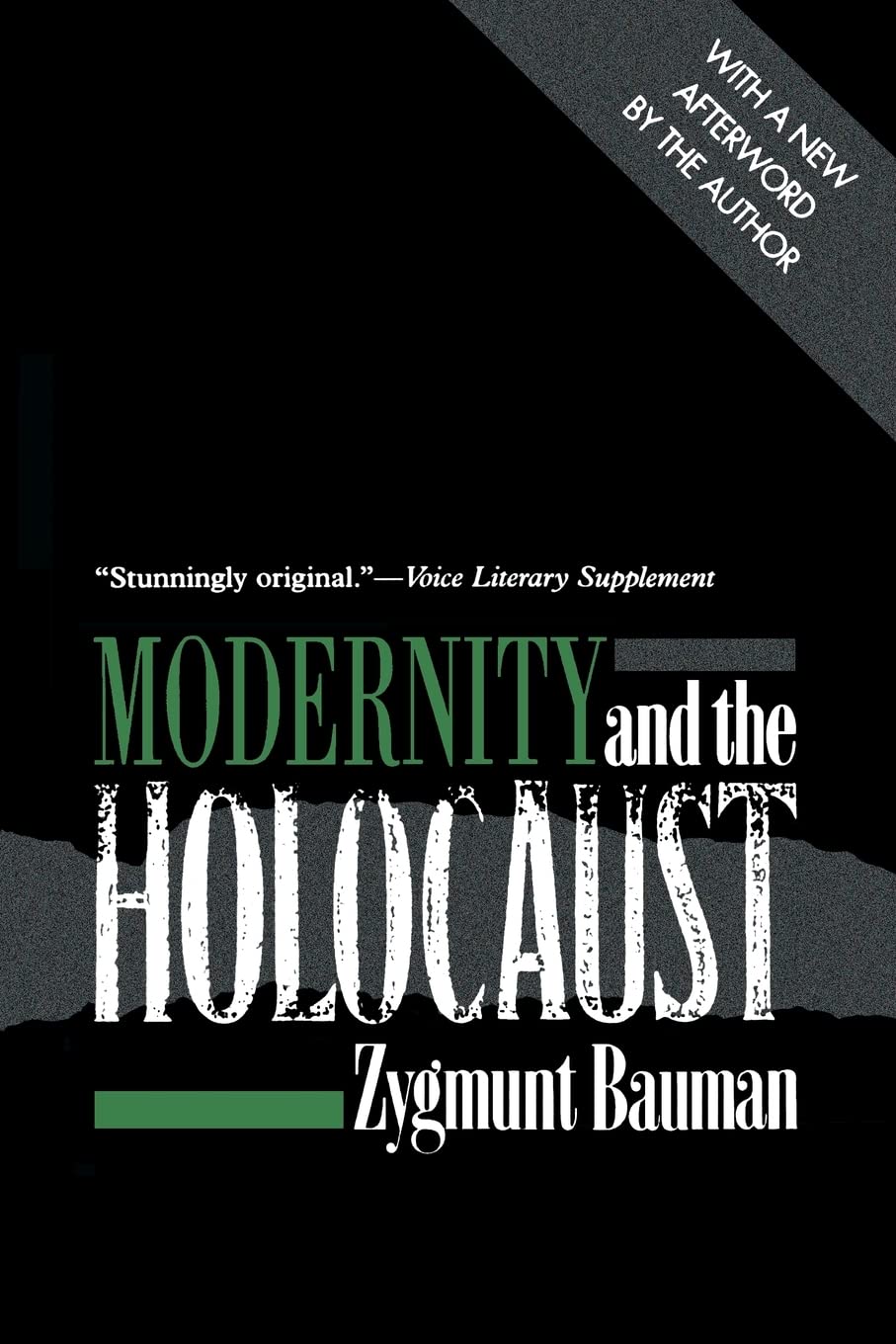
However, mere conquest and destruction cannot explain the various massacres carried out by the Nazis throughout Europe. Using racial discrimination alone also falls short as an explanation, because the Nazis even exterminated Germany's mentally ill and disabled. As the war was nearing its end, Hitler even ordered the destruction of all German facilities, believing that the defeat of the Germans implied their inferiority as a race and that they should be annihilated. During the war, the German military did not deteriorate into a state of disorder as the Japanese military did; even their conquests and killings were meticulously organized. What sets the Nazis apart from the Japanese military is that the Nazis conceived a theory based on rationality to support this war and aimed to use rationality to ensure their victory. Just as Zygmunt Bauman mentioned in 'Modernity and the Holocaust': 'It (Holocaust) demonstrates what the rationalizing, engineering tendency of modernity is capable of if not checked and mitigated, if the pluralism of social powers is indeed eroded - as the modern ideal of purposefully designed, fully controlled, conflict-free, orderly and harmonious society would have it.'
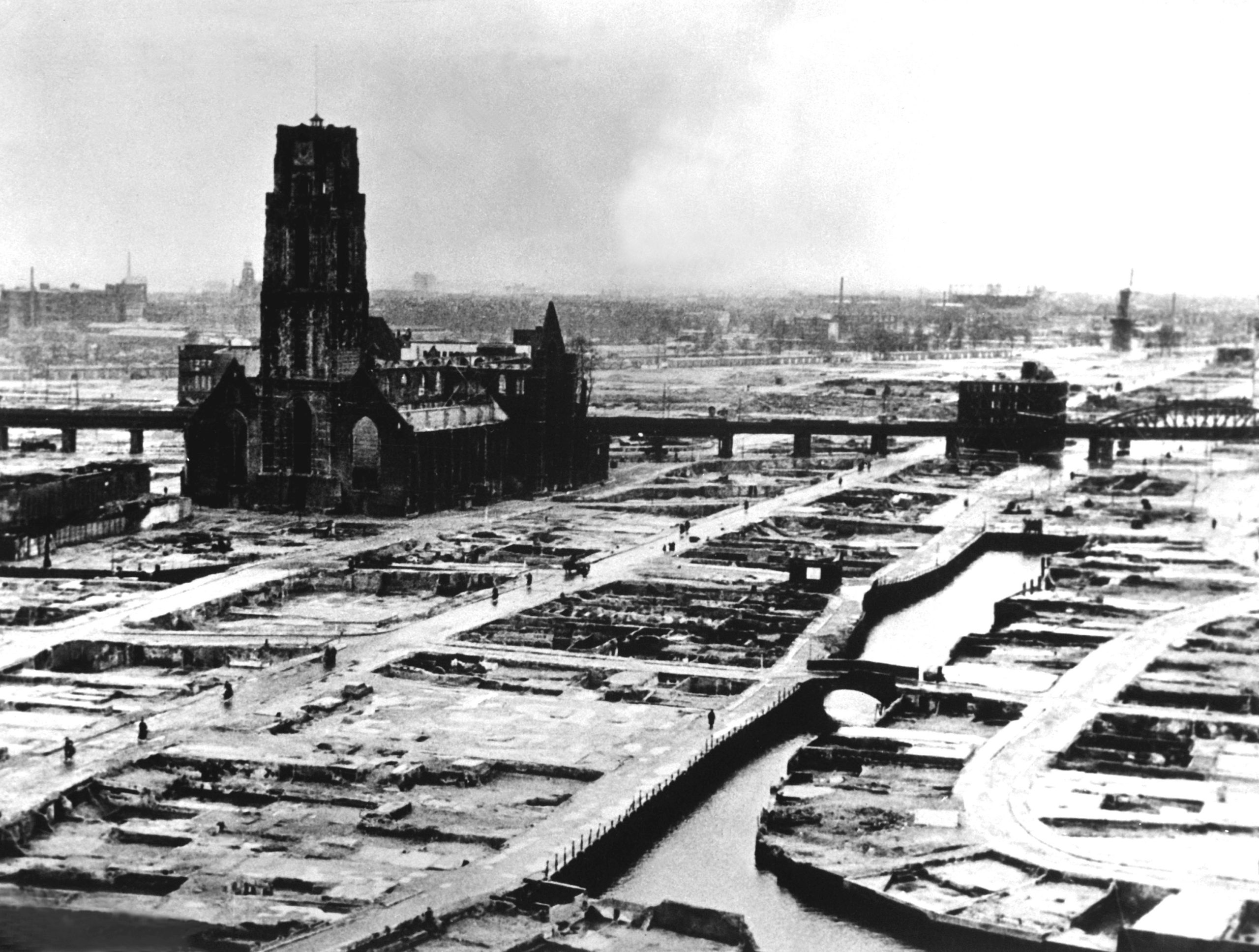
The Nazis exposed the conflict between the two cornerstones of modern civilization. In the eyes of the Nazis, Europe was a vast laboratory. They reasoned that since humans have been controlling the evolution of domesticated animals, why not try to control the evolution of human beings? If medical interventions like prenatal care can influence human evolution, why not accelerate it further? And if humans believe in the law of “survival of the fittest” in the animal kingdom, why not apply it in the human world? It was rationalization and mechanization that allowed the Nazis to launch a world-conquering war. It was also rationalization and mechanization that enabled them to achieve early victories. When Dutch troops were cycling to the battlefield, the Nazi forces had already laid Rotterdam to waste. Prior to the Nazis, “humanism” and “rationality” were seen as coexisting principles. Rationality improved human life, granting respect and order to society. As societies prioritize humanity, violence tends to diminish with development. However, the Nazis demonstrated the tragic consequences of allowing “rationality” to dominate “humanism.” Rationality doesn't always suppress violence; at times, it can even lead to more ruthless violence. When individual lives are abstracted into mere numbers due to rationalization, Germany's factories began to produce not only automobiles but also death. It's precisely the mechanization and specialization of modern society that turned mass killings into a series of switches and buttons.

Germany, a nation once celebrated as a beacon of human rationality, has given birth to numerous luminaries who scaled the heightest of rationality: Leibniz, Marx, Einstein, Bohr, Heisenberg, Gauss, each of them profoundly advancing human society with their rationality. Yet, it was also rationality that turned the women of this country into reproductive machines and the men into war machines. Oppenheimer once spent his doctoral years in Germany and even crossed paths with Heisenberg, who would later lead the German nuclear weapons program. When Oppenheimer learned that he would be leading a project that would destroy the country he once admired, did he look back at his life in Germany, and what his attitude toward Germany's cherished principle of “rationality” was? As for Heisenberg, while leading the German nuclear weapons program, did he share the Nazis' ideology, and did he ever think about his friends who had been displaced due to the Nazis' anti-Semitic policies? For geniuses like Oppenheimer and Heisenberg, did they ever consider the dual nature of the rationality they represented? Did they contemplate the conflict between “rationality” and “humanism” displayed by this war? Did they recognize the fragility of the cornerstones of modern civilization, or did they envision the war's impact on future societies?
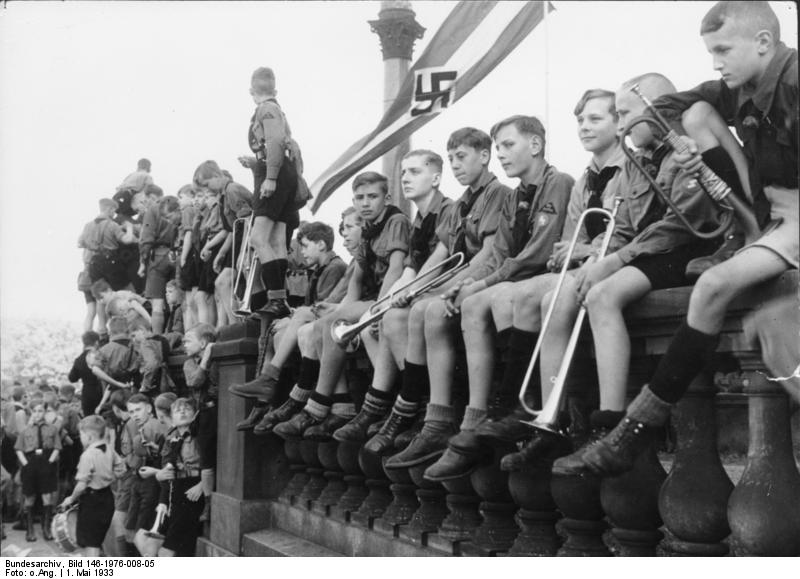
These two geniuses are no longer with us, and we may never know the thoughts of these geniuses from years past. However, as suggested in “Modernity and the Holocaust,” the potential for such atrocities still exists in contemporary society. When the perpetration of mass killings can be gradually deconstructed and mechanized through rationalization, breaking down into step-by-step work, who should be held responsible for the atrocities, and should ordinary individuals who follow their duties step by step be held accountable for the final act? If no one is held accountable for the atrocities, what can prevent such acts from happening again? When Oppenheimer expressed his concerns about nuclear weapons at the White House, Truman sarcastically told him that history would only remember him, as the President, for ordering the dropping of atomic bombs, and that Oppenheimer was just a 'crybaby'.
'J. Robert Oppenheimer: Mr. President. I feel that I have blood on my hands.
Harry Truman: [tauntingly pulls out his pocket square and waves it in front of Oppenheimer] You think anyone in Hiroshima or Nagasaki gives a shit who built the bomb? They care who dropped it. I did. Hiroshima isn't about you.
Harry Truman: [after Oppenheimer leaves] Don't let that crybaby back in here.'
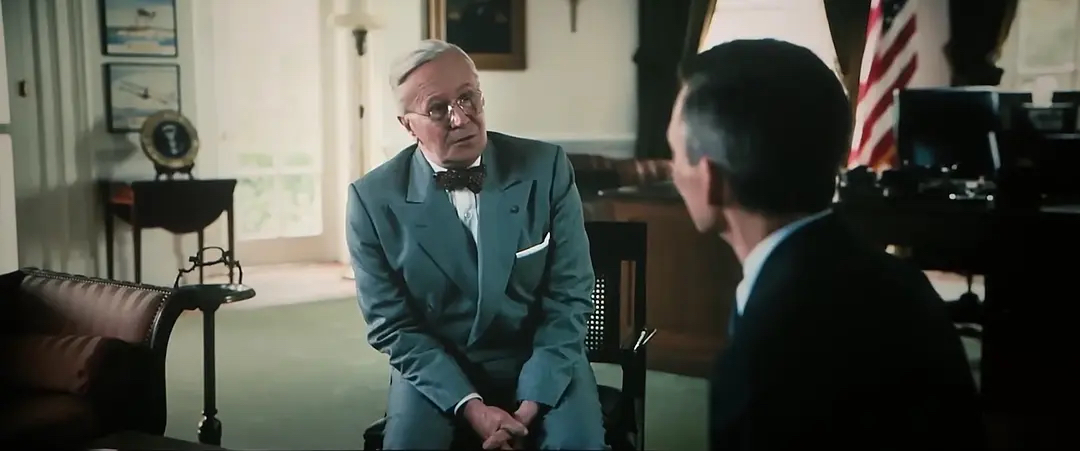
Did Oppenheimer, upon hearing this, ever wonder who was truly responsible for the deaths of the people in Hiroshima and Nagasaki? Was it him, the one who developed the nuclear bomb, or Truman, the one who ordered its deployment? Was it Mussolini, the creator of fascism, or the greedy Japanese military, or perhaps the Japanese civilians who allowed the government's atrocities? Did Oppenheimer ever question the original intention behind building the nuclear bomb? Did he ever consider that America could potentially deconstruct acts of violence step by step, turning them into a series of tasks, bringing war and violence to numerous regions around the world over the coming decades? Did he ever, for a moment, imagine Heisenberg's position and contemplate what Heisenberg might have been thinking while working for the Nazis? Heisenberg, who only worked for the Nazis and did not directly participate in the massacres, was not held accountable after the war. In his later years in Munich, did Heisenberg ever reflect on his time working under the Nazis and realize the potential consequences of his contributions to the Nazis, which could have resulted in the loss of countless lives?
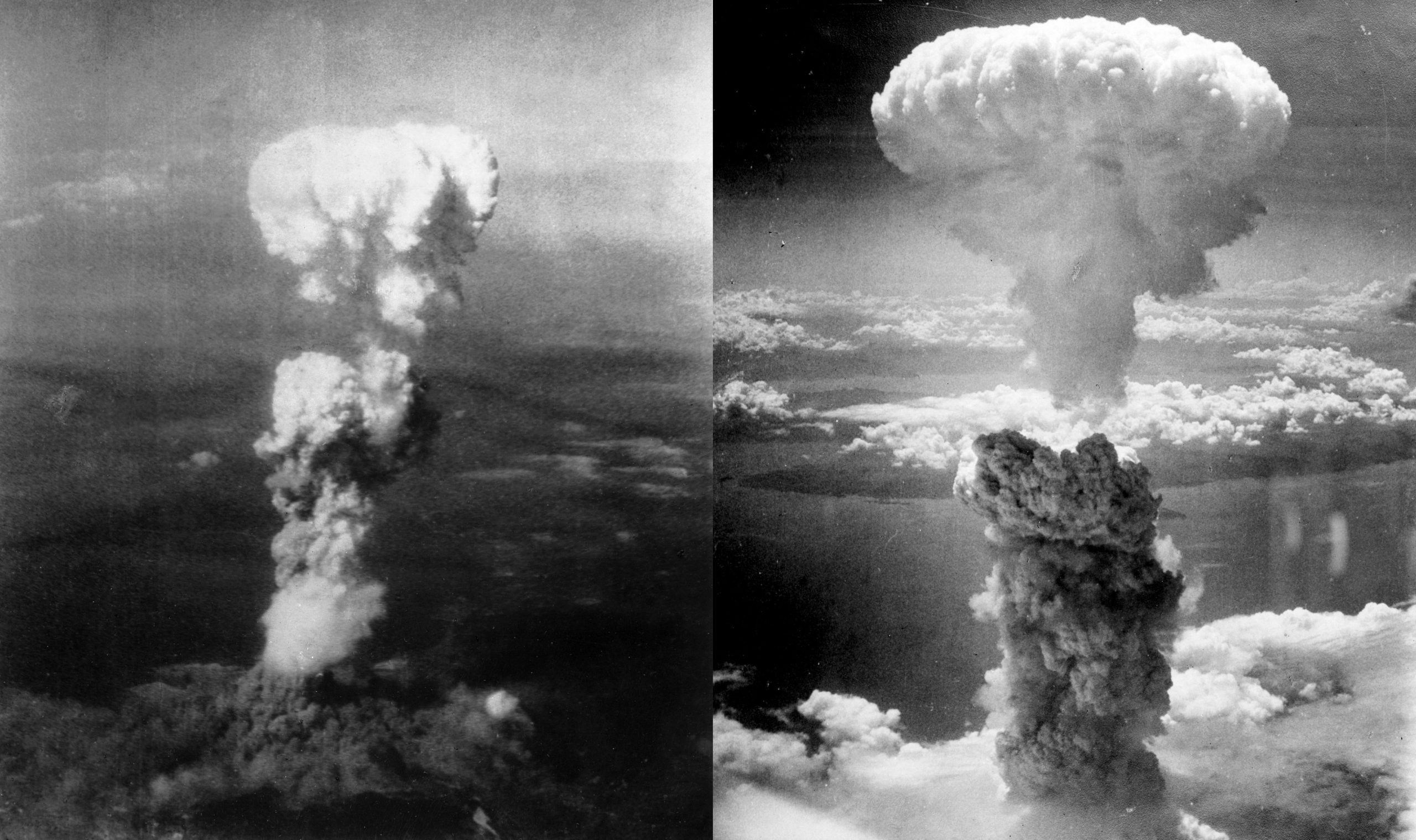
Due to the butterfly effect, perhaps we can never know if our step-by-step work in modern society might lead to the loss of lives. During the pandemic, community officials in China, who strictly restricted the freedom of Chinese citizens, may have caused delays in medical treatment resulting in deaths. But for these community officials, they were merely carrying out a task as required by their superiors. A click of the mouse by someone in Wall Street might lead to a family on the other side of the world becoming displaced, but for those in Wall Street, they are just altering a few numbers. When Oppenheimer witnessed the first nuclear bomb explosion and thought, “Now I Am Become Death, the Destroyer of Worlds,” did he also realize that in modern society, every individual has the potential to become Death? As atrocities are deconstructed step by step, Death could be Oppenheimer, it could be Hitler, and it could also be you and me.
